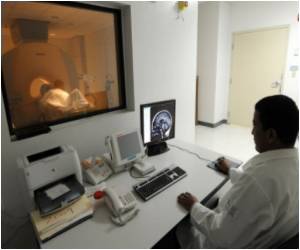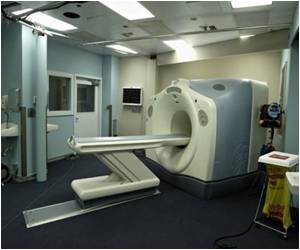
‘The website helps people with dizziness to carry out vestibular rehabilitation exercises through video demonstrations, instructions and personalized feedbacks and advices.’
Tweet it Now
After three months, 40 percent of people using the site reported that they felt 'much better' or 'completely well', twice as many as in the GP care group. Dizziness affects nearly one in three people aged over 65 in the UK and is often caused by problems with the vestibular (balance) organ in the inner ear.
Patients with 'vestibular dizziness', such as those examined in this study, can suffer severe symptoms, triggered by simple everyday movements like turning over in bed, or looking left and right to cross the road. These symptoms are very disruptive leading to falls, anxiety, depression and loss of independence.
The recommended treatment is a simple exercise-based therapy called vestibular rehabilitation, which involves nodding and shaking the head.
Previous research has shown that patients using this therapy are nearly three times more likely to reduce their dizziness than those who don't.
Advertisement
Researchers at the University of Southampton developed Balance Retraining to address this problem and help people with dizziness to carry out vestibular rehabilitation exercises via the Web using video demonstrations, instructions and personalized feedback and advice.
Advertisement
The Balance Retraining study included 296 patients with vestibular-related dizziness. These patients were randomly assigned to either have immediate access to the website, or to continue with usual care from their GP.
Dr Adam Geraghty, a research psychologist at the University of Southampton added: "Users were very positive about their experiences. They found it easy to use, visually appealing and encouraging. Overall, the results show that Balance Retraining is an effective and appealing method of delivering vestibular rehabilitation to those who need it. They also add to existing evidence that this is a safe and effective means of treating vestibular-related dizziness."
Professor Paul Little, a GP and Professor of Primary Care Research at the University of Southampton said: "Dizziness is both common and disabling and most sufferers don't get access to effective treatment. The Balance Retraining intervention has huge potential to provide effective and easily accessible treatment for a really under-served patient group in primary care."
Source-ANI













